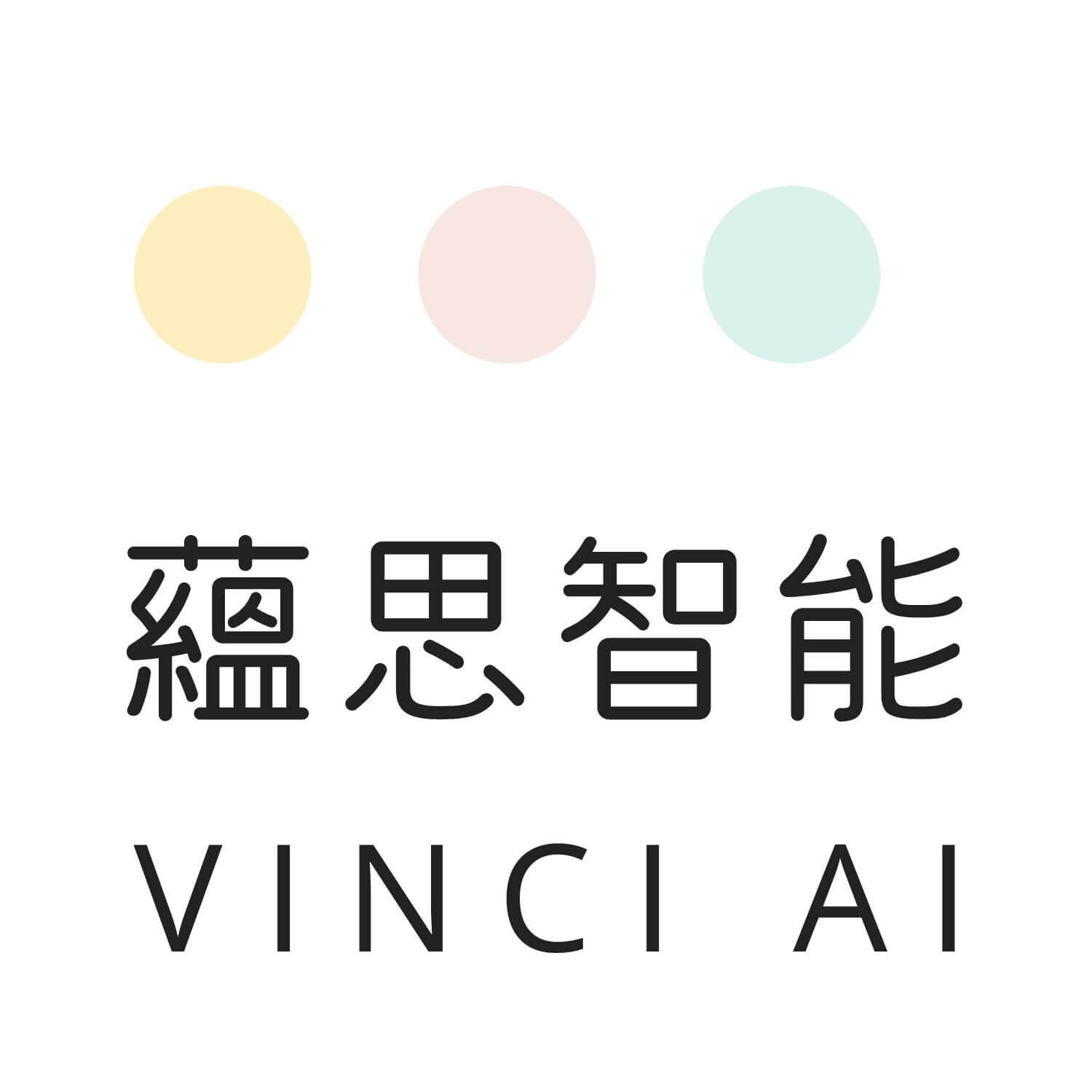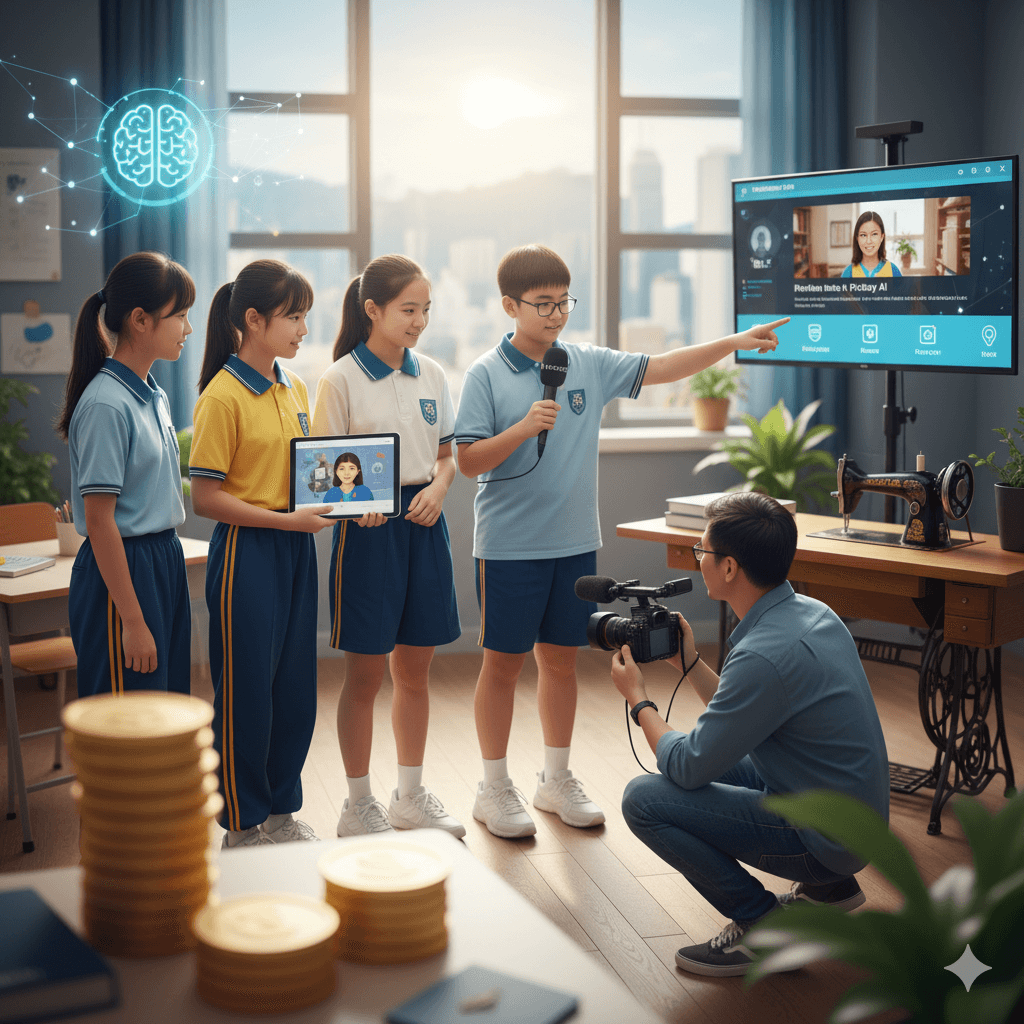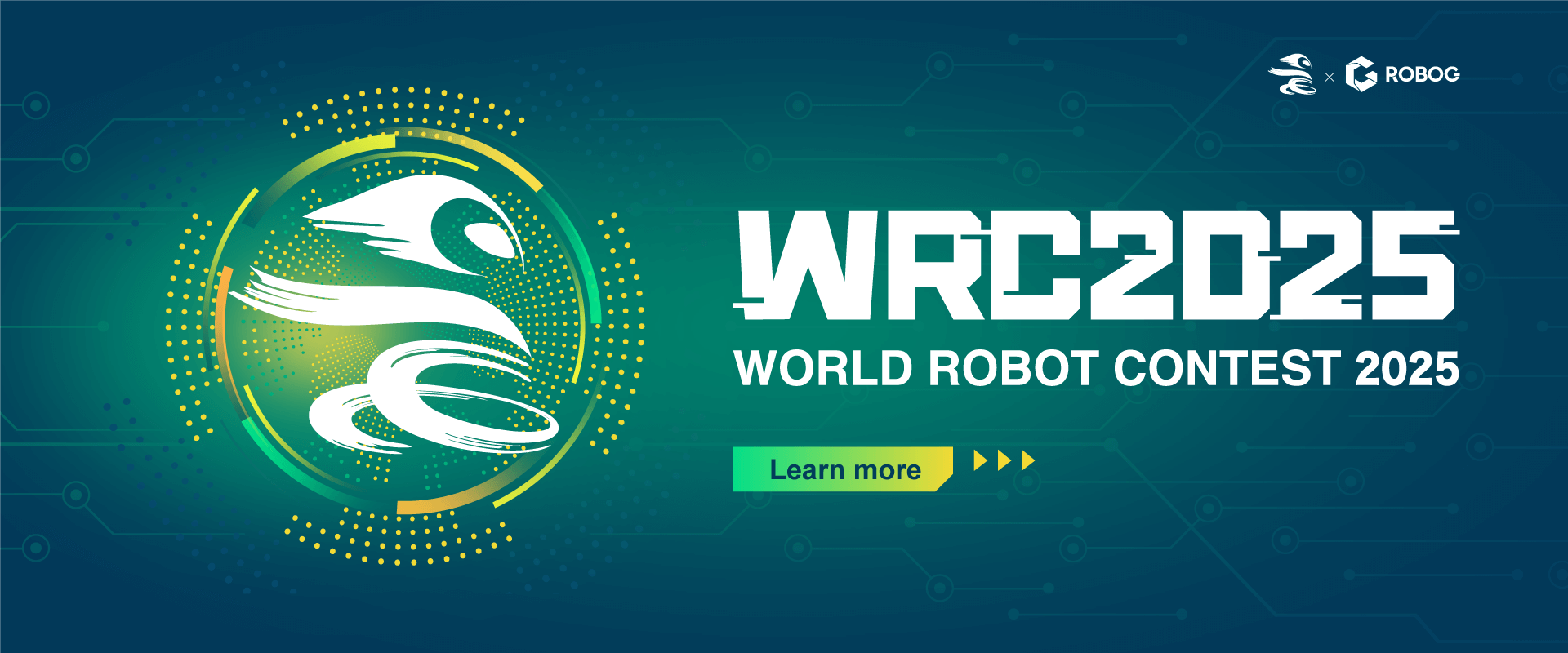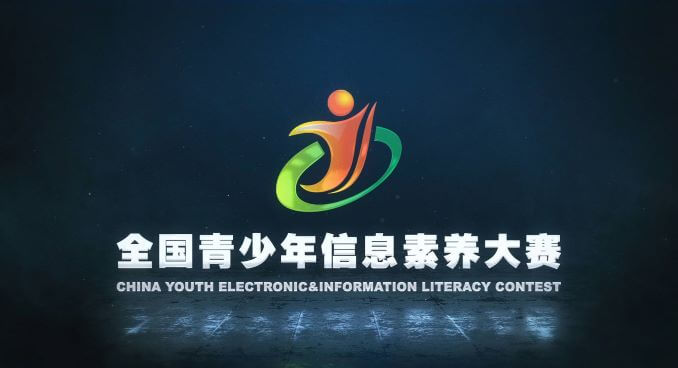The Ministry of Education issued a document: Artificial intelligence education will be basically popularized in primary and secondary schools by 2030.
In order to cultivate innovative talents that adapt to the requirements of the new era, the General Office of the Ministry of Education of China recently issued a notice on strengthening artificial intelligence education in primary and secondary schools. This move aims to promote the popularization of artificial intelligence education in primary and secondary schools and cultivate future talents with artificial intelligence knowledge and skills for the country.
Highlights of the notice:
- Overall goals: Clarify the overall requirements for artificial intelligence education, emphasizing the need to use artificial intelligence to lead the construction of a people-centered innovative education ecosystem, serve to guide students to correctly handle the relationship between people, technology, and society, promote the development of thinking, cultivate innovative spirit, and improve the ability to solve practical problems.
- Main tasks and measures:
- Build a systematic curriculum system: Develop AI general education guides and popular readers, improve AI education requirements in relevant courses, and encourage inclusion in local and school-based courses.
- Implement normalized teaching and evaluation: coordinate relevant courses and after-school services, focus on cultivating the ability to solve practical problems, and promote task-based, project-based, and problem-based learning.
- Develop universal teaching resources: Create an AI education column on the national smart education platform for primary and secondary schools, encourage the research and development of AI education and teaching resources, and achieve co-construction and sharing.
- Build a ubiquitous teaching environment: Build diversified, high-level AI education laboratories for primary and secondary schools, and encourage universities, scientific research institutes, and high-tech enterprises to participate in the construction of AI laboratories.
- Promote large-scale teacher supply: Strengthen the construction of AI education teaching staff, enrich the team through recruitment, introduction, transfer, etc., and improve the professional level of teachers.
- Organize diverse exchange activities: Encourage schools to enrich AI experience and practice through various forms of activities and provide students with a display platform.
- Safeguards:
- Strengthen organizational leadership: The Ministry of Education has established an expert committee on AI education, and local education administrative departments have established AI education leadership groups.
- Strengthen funding guarantee: Increase investment in AI education and support curriculum resource development, teacher training, and hardware facility construction.
- Do a good job in coordinating urban and rural areas: Increase support for schools in rural and remote areas, and urban and rural schools should carry out paired assistance activities.
- Strengthen evaluation guidance: Incorporate the development of AI education into the education quality evaluation system and conduct regular assessments and evaluations.
Stage goals:
- Lower grades of primary school: Focus on perception and experience of artificial intelligence technology.
- Upper primary school and junior high school levels: Focus on understanding and applying artificial intelligence technology.
- High school level: Focus on project creation and cutting-edge applications.
- Before 2030: Basically popularize artificial intelligence education in primary and secondary schools.










